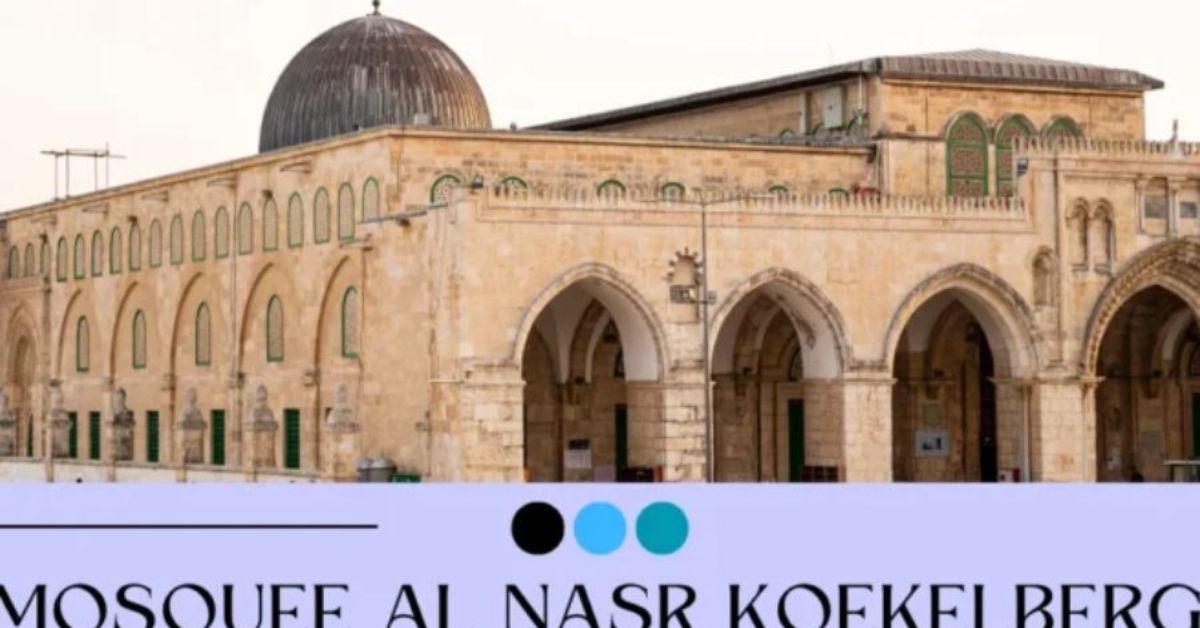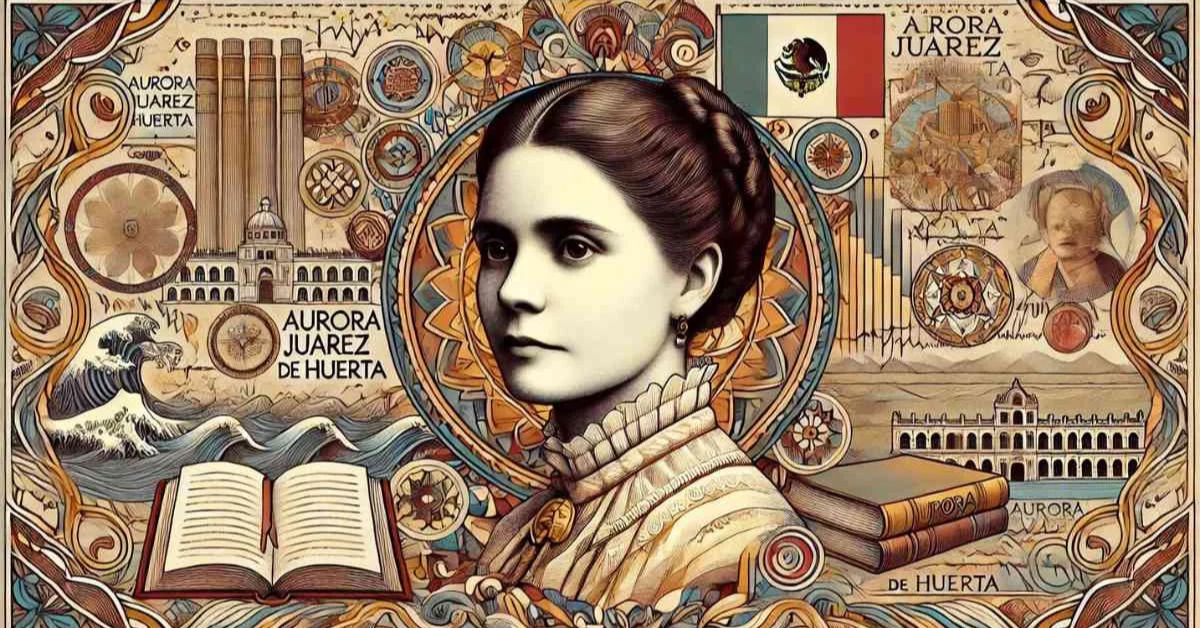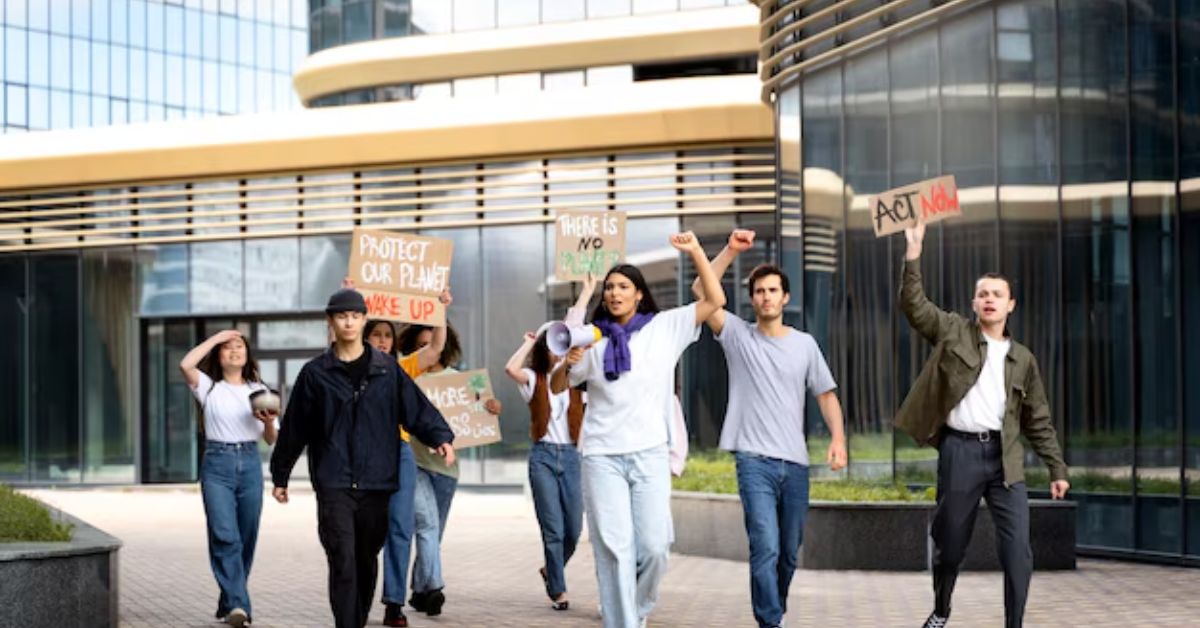Mosquee al nasr koekelberg, is one of the notable mosques in Brussels, Belgium. As a key place of worship for the local Muslim community, it serves as both a spiritual and cultural hub. Like many mosques in Europe, Al Nasr plays a vital role in fostering community relationships, promoting intercultural dialogue, and providing religious education and services.
In this article, we will explore the historical significance, architectural beauty, and community influence of Mosquée Al Nasr in Koekelberg. We will also examine its role in Belgian society, the challenges it faces, and its contribution to religious and cultural diversity.
1. Historical Background of Mosquee al nasr koekelberg
Mosquee al nasr koekelberg was established to serve the growing Muslim population in Koekelberg, a region in Brussels known for its cultural diversity. Like many mosques in Europe, it began as a modest place of worship and has grown to become an important spiritual center for the local community. Its history is intertwined with the development of the Muslim community in Belgium, which has expanded due to migration from North Africa, Turkey, and the Middle East.
Key Milestones:
- The foundation of Mosquée Al Nasr reflects the post-war immigration patterns in Belgium.
- The mosque has grown in prominence due to the influx of Muslims in the region, particularly from Morocco, Algeria, and Turkey.
2. The Importance of Koekelberg as a Cultural Hub
Koekelberg, a district in Brussels, is well-known for its cultural and religious diversity. The presence of Mosquee al nasr koekelberg further highlights the region’s importance as a melting pot of various traditions, religions, and ethnicities. Koekelberg also houses one of Belgium’s most famous landmarks, the Basilica of the Sacred Heart, which is symbolic of the religious and cultural pluralism present in the area.
The mosque contributes to this diversity by fostering a sense of community and religious practice for Muslims in the region. It stands as an example of how different religious communities can coexist and thrive in a shared space.
3. Architectural Features of Mosquee al nasr koekelberg
The architecture of Mosquée Al Nasr blends traditional Islamic designs with local Belgian elements, representing a harmony of cultural influences. While it may not be as architecturally grand as other mosques in Europe, its design is rooted in practicality and community use.
Notable Features:
- Minaret: A key architectural feature, often symbolizing the call to prayer.
- Prayer Hall: The mosque has a spacious prayer hall that accommodates worshippers during daily prayers and larger gatherings such as Eid.
- Islamic Calligraphy: Traditional Islamic art and calligraphy adorn parts of the mosque, providing a visual representation of the Islamic faith.
4. Religious Services and Functions Offered by the Mosque
Mosquee al nasr koekelberg serves as the spiritual home for many local Muslims. It offers regular religious services such as daily prayers, Friday sermons (Jumu’ah), and special events during Islamic holidays like Ramadan and Eid al-Fitr. Beyond prayer, the mosque is a center for community activities, including weddings, funeral services, and counseling.
Religious Functions:
- Taraweeh prayers during Ramadan.
- Islamic weddings that follow religious customs.
- Community iftars (breaking fast) during Ramadan.
5. Role of the Mosque in Promoting Interfaith Dialogue
As Belgium becomes increasingly diverse, places of worship like Mosquée Al Nasr have played a crucial role in promoting interfaith dialogue. The mosque actively engages in discussions and events that foster understanding between Muslims and other religious groups, particularly Christians and Jews in the Koekelberg area.
Examples of Interfaith Initiatives:
- Open House Days: These events invite non-Muslim locals to visit the mosque, ask questions, and learn about Islamic practices.
- Joint Religious Forums: Mosquée Al Nasr participates in forums that include representatives from various religious communities, promoting peace and coexistence.
6. Community Involvement and Outreach Programs
Mosquée Al Nasr goes beyond religious services by offering a variety of community outreach programs aimed at helping the local population, both Muslim and non-Muslim. The mosque provides services such as food drives, clothing donations, and support for refugees.
These outreach programs are essential in creating a sense of belonging for marginalized groups and enhancing the mosque’s role as a community center.
7. Educational Programs and Islamic Studies
Education is a central focus at Mosquée Al Nasr, particularly for younger members of the community. The mosque offers Islamic studies classes, including Qur’an memorization, Arabic language lessons, and courses on Islamic theology. These programs help children and adults deepen their understanding of their faith and strengthen their connection to Islamic traditions.
Key Educational Initiatives:
- Weekend Madrasa: A religious school for children to learn about Islam and the Arabic language.
- Workshops and Seminars: Educational workshops that address topics such as Islamic history, contemporary Muslim issues, and personal development.
8. The Impact of the Mosque on Local Muslim Life
For many Muslims in Koekelberg, Mosquée Al Nasr is a cornerstone of daily life. It provides a place to practice their faith, celebrate religious milestones, and meet other members of the community. Its presence strengthens the Muslim community in Brussels, creating a space for solidarity and support.
Additionally, the mosque helps integrate Islamic practices into the broader societal framework of Belgium, offering a place where faith and culture can coexist peacefully.
9. Mosquée Al Nasr and Social Integration
Mosques like Al Nasr play a significant role in the social integration of Muslims in Europe. By providing a stable and supportive environment, Mosquée Al Nasr helps newcomers adjust to Belgian society while maintaining their religious identity. The mosque also encourages its members to participate in civic life, including voting and volunteering, thus fostering greater social cohesion.
10. Challenges Faced by Mosquée Al Nasr
Like many religious institutions, Mosquée Al Nasr faces its share of challenges. These include:
- Funding: As with many mosques, maintaining the building and expanding services can be difficult without adequate financial support.
- Prejudice: In certain European contexts, mosques and Muslim communities face Islamophobia and cultural misunderstandings, which can affect the mosque’s ability to freely operate.
- Building Limitations: The physical capacity of the mosque may sometimes be insufficient for the growing number of worshippers, particularly during major Islamic holidays.
11. Mosquée Al Nasr in the Broader Context of Belgian Mosques
Mosquée Al Nasr is part of a larger network of mosques in Belgium, which serve an increasingly diverse Muslim population. While Belgium’s Muslim community is spread across different regions, Brussels remains a key center, and Koekelberg is a prime example of where multiculturalism thrives.
The Belgian government recognizes the importance of Islam as one of the country’s official religions, which helps protect and support places of worship like Mosquée Al Nasr, although the community continues to advocate for greater resources and recognition.
12. Cultural Significance of Mosques in Belgium
Mosques in Belgium, including Mosquée Al Nasr, are not just religious buildings but also cultural landmarks that reflect the rich diversity of the country. These places of worship contribute to Belgium’s multicultural identity, promoting peace, dialogue, and shared understanding among its citizens.
13. The Future of Mosquée Al Nasr in Koekelberg
As the Muslim community in Koekelberg continues to grow, Mosquée Al Nasr is likely to expand its services and community outreach programs. The future of the mosque lies in its ability to continue serving as a beacon of faith and a center for social and cultural engagement.
The mosque will also need to navigate the changing landscape of religion in Europe, balancing tradition with the modern needs of a diverse and evolving community.
14. Preserving Cultural and Religious Heritage in Europe
As Europe grapples with questions of identity and integration, places like Mosquée Al Nasr play a critical role in preserving religious and cultural heritage. By supporting such institutions, governments and societies can promote inclusivity and ensure that all citizens, regardless of faith, feel represented and respected.
15. Conclusion:
Nasr
Mosquée Al Nasr in Koekelberg is more than just a mosque—it is a symbol of community, diversity, and faith. It serves as a critical resource for local Muslims and as a model for how religious institutions can contribute to social harmony in diverse regions. Through its religious services, educational programs, and community outreach efforts, Mosquée Al Nasr exemplifies the positive role that mosques play in modern European society.
As we look to the future, the continued support and development of institutions like Mosquée Al Nasr will be key in fostering an inclusive and harmonious environment for all.
FAQs
1. Where is Mosquée Al Nasr located?
Mosquée Al Nasr is located in Koekelberg, a district in Brussels, Belgium.
2. What services does Mosquée Al Nasr offer?
The mosque offers daily prayers, Islamic education, community outreach programs, and counseling services.
3. How does Mosquée Al Nasr contribute to interfaith dialogue?
Mosquée Al Nasr promotes interfaith dialogue through events like open house days and participating in joint religious forums.
4. How can I participate in activities at Mosquée Al Nasr?
You can visit the mosque to participate in prayers, educational programs, or community events. The mosque welcomes both Muslims and non-Muslims interested in learning about Islam.
5. What challenges does Mosquée Al Nasr face?
The mosque faces challenges such as limited funding, prejudice, and space limitations during large gatherings or religious holidays.




